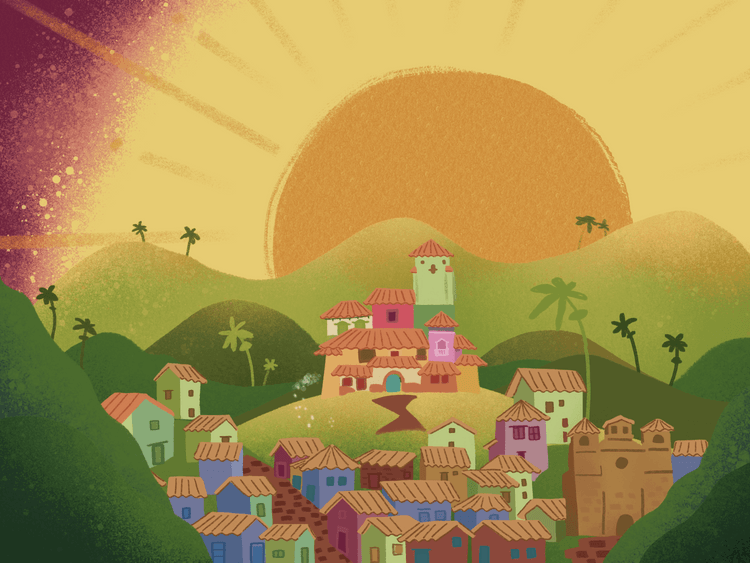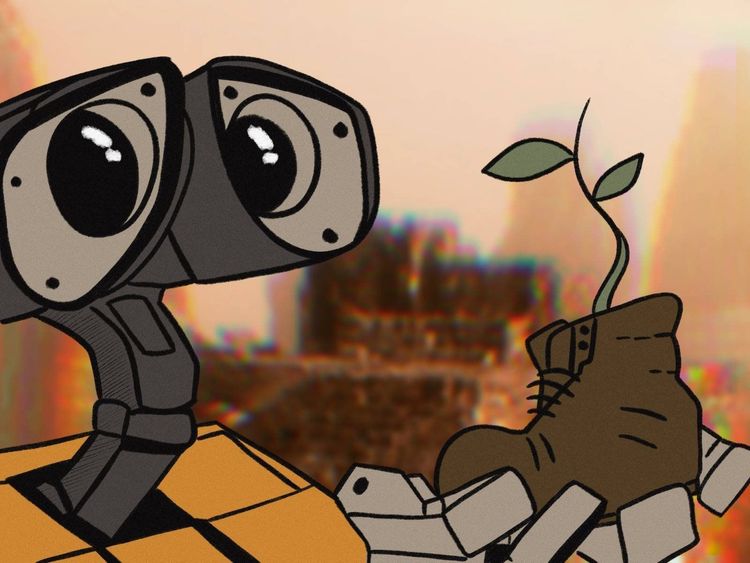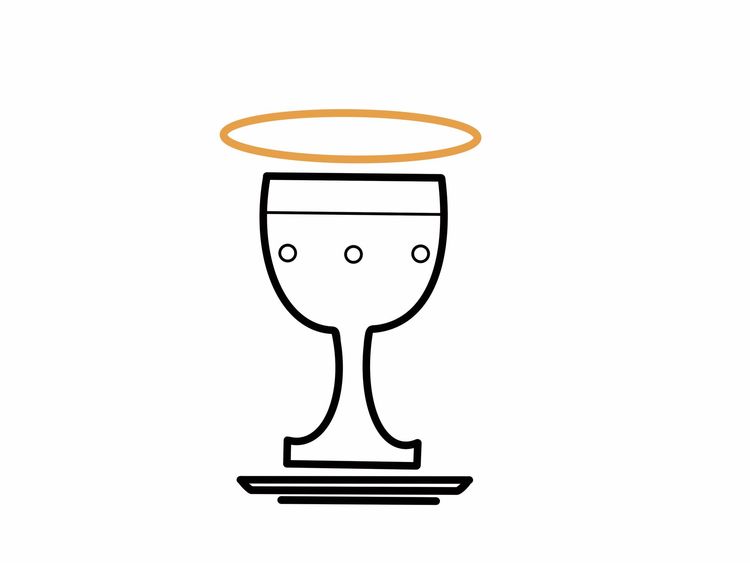The Stories We Tell Ourselves

I'm currently reading Three Pieces of Glass: Why We Feel Lonely in a World Mediated by Screens by Eric O. Jacobsen and loving every page of it. In it, Jacobsen defines the contours of what he calls "our crisis of belonging", and it's so much more than moralizing about people's social media habits.
While reading a section on the role shared stories play in cultivating a sense of belonging, I was struck by how the practice of telling ourselves stories plays out, in miniature, in our interactions with people. Paraphrasing Brené Brown, Jacobsen suggests that we tell ourselves stories every time we react to another person, especially when it comes to what we can’t observe, like someone’s motives.
He offers this example:
My colleague comes into a meeting late because
- he doesn't respect me and wants to distract others from my presentation,
- something happened with one of his kids, or
- he put a birthday gift on my desk and wanted to do it while I was occupied.
We’ll tell ourselves a story like one of these, and our feelings about the interaction will be based more on our story than on the behaviour itself.
How we react to someone’s behaviour seems to have as much to do with the story we tell ourselves about them as it does with their behaviour in a particular interaction. Just think about how a critical word from a member of your family might land differently than the same word from an acquaintance. The relationship I have with my wife or father is different from my relationship with my boss or colleague, and the stories I tell myself in response to their actions or words differ accordingly.
It seems particularly important to me, however, that we consider the sources of the stories we tell ourselves, especially about people we don’t have close, familiar relationships with. This is important because, as Jacobsen points out, both our private and public social bonds are looser than ever.
“He doesn’t respect me and wants to distract others from my presentation,” is a story written in the ink of fear and insecurity, whether it’s true or not. The second, “Something happened with one of his kids,” might also be based in fear but is likely rooted in shared experience. Perhaps the speaker in the example is also a parent. In either case the story expresses an other-centred concern rather than self-focused fear. The final story—again, whether it’s true or not—betrays a hopeful disposition.
The imaginative exercise above reminds us of the importance of exercising a certain kind of moral imagination in our relationships and social interactions. A critical co-worker may be trying to distract from his own perceived shortcomings. Similarly, it’s possible—and very likely—that a rude driver is not actually malicious or morally deficient but distracted. I might still honk at unsafe behaviour, but telling myself the more hopeful story saves me from the bitter and unnecessary bile of offence.
This makes for an interesting thought experiment, but a hopeful disposition itself doesn't build the necessary trust or relationship required to believe better stories. More importantly, we might ask ourselves, "how do I become more hopeful", for hope is a strange thing, at once universal yet unevenly distributed. We must be predisposed to hope; it is something bestowed–not simply produced from within.
Although hope by itself doesn’t strengthen trust or relationships, both are important ingredients in the hopeful stories that will improve our homes, streets, and cities. In his seminal book Bowling Alone, political scientist Robert Putnam sounded the alarm over declining social capital. In the book, Putnam describes social capital as the "connections among individuals – social networks and the norms of reciprocity and trustworthiness that arise from them." Another way of describing social capital is to say it represents the collective benefits of our private and public relationships. Relationships, even the sort that Jacobsen would call “civic” relationships—your local barista, grocery cashier, or a neighbour up the street—all work together to contribute to a sense of belonging.
The notable lack of a full-bodied sense of belonging is a symptom of our collective neglect, and in some cases total abdication of care, for the public realm. Trust—the kind necessary for a hopeful and fruitful life in private and in public—grows in the soil of varied relationships, from the intimate confessions of a spouse or brother to the community building effort of welcoming new neighbours to the street or building.
Telling ourselves more hopeful stories about other people starts with exposing ourselves to the more hopeful interactions of relationships, especially public ones. It may begin with ignoring the shrill ping of a smartphone for long enough to ask the barista about her favourite drink, and it might end with an unlikely development. As we engage the people around us in the place we live our lives, we just might cease monopolizing the starring role in the stories we tell ourselves.





Member discussion